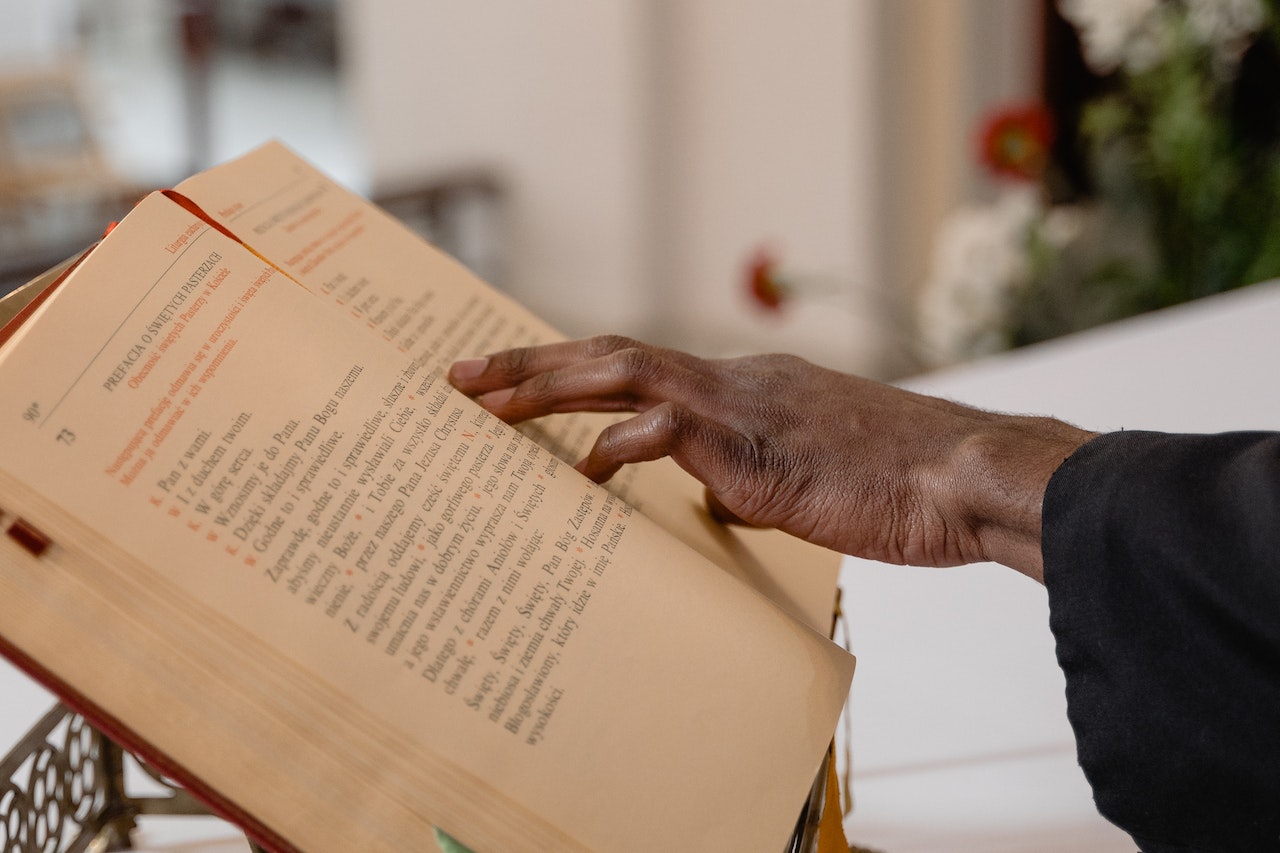As society changes, so too does human’s concept of what it means to be religious. It has become increasingly diverse, with a range of religious beliefs now encompassing many different cultures and traditions. In the United States, for example, there are now dozens of denominations or branches that exist within Christianity alone. Additionally, non-Christian religions such as Islam, Hinduism, Buddhism, and Sikhism are also becoming more commonplace. This diversity of beliefs can be seen in many aspects of modern life, including the choices people make when it comes to spiritual practices and worship.
The birth of religions
Religion is thought to have emerged as early as 40,000 years ago. This timeline is based on the earliest archaeological evidence of burials and cave paintings depicting special rituals. The exact date is not known, however, it is believed to have occurred around this period due to the sudden emergence of art and burial practices that suggest the presence of a spiritual connection between humans and their environment. Since then, many different religions have developed in various parts of the world as various cultures sought to explain and make sense of their surroundings. The earliest known form of religion was polytheism, or worshiping multiple gods, which is still practiced by some cultures today. As time passed and new philosophies emerged, monotheism, or the belief in a single god, became more widespread. In the modern era, some confessions have shifted to more secular outlooks on life and morality. Despite these changes, beliefs continue to shape people’s lives and societies around the world.
Everything is changing
Different religious traditions and practices have developed, adapted, and changed in response to cultural, political, and economic influences. This is part of a long process of cultural evolution that has been happening for thousands of years. From the earliest days of religion up to today’s modern variety of beliefs and traditions, religion has been an integral part of human history. In many ways, it continues to play a key role in how people make sense of their lives and the world around them.
Though there is still much to learn about the origins, one thing is certain: it has had a profound impact on humanity, influencing values, and behaviors in profound and lasting ways. As religion continues to evolve, it will continue to play an important role in the lives of people around the world for generations to come.
The most beautiful religious rituals
Traditions often involve elaborate rituals that combine music, art, dance, prayer, and storytelling. These create a powerful atmosphere of reverence and connection to the divine. For example, in Hinduism, a mandala is constructed by placing objects such as flowers, rice, incense, and candles carefully around an altar. This intricate design often features representations of deities such as Lakshmi or Ganesh and serves as an offering to these deities during the ritual.
The use of music in religious traditions is also a powerful way to create an atmosphere of connection and reverence. From the majestic sounds of a pipe organ in a cathedral to the trance-like rhythms of African drumming, religious music has been used for centuries as a way to enhance worship. In many Christian denominations, hymns are sung to express joy and devotion. In Islam, the azaan is called out five times a day to remind followers to offer daily prayers.
Art also plays an important role in many religious traditions. From the detailed paintings inside Catholic churches to the intricate carvings of Hindu temples, art often serves as an expression of religious beliefs and values. The art can also tell stories of religious figures, such as the Islamic calligraphy found in minarets or the illuminated manuscripts of Christian monks.
How religion is changing in the 21st century
Religion is undergoing significant changes in the 21st century, with several trends emerging. Firstly, there is a rise in religious “nones,” or individuals who do not identify with any specific religion or denomination. This trend is especially prevalent among younger generations. Secondly, there is a growing interest in spiritual practices and beliefs that transcend traditional religious boundaries. Thirdly, there is an increasing emphasis on inclusivity and diversity within religious communities, including the acceptance of marginalized groups such as the LGBTQ+ community. Finally, technology is playing an increasingly important role in religious practices, with many religious organizations using social media and online platforms to reach and engage with their members. Overall, the changes in religion in the 21st century reflect a shift towards individualism, inclusivity, and technological advancements.
